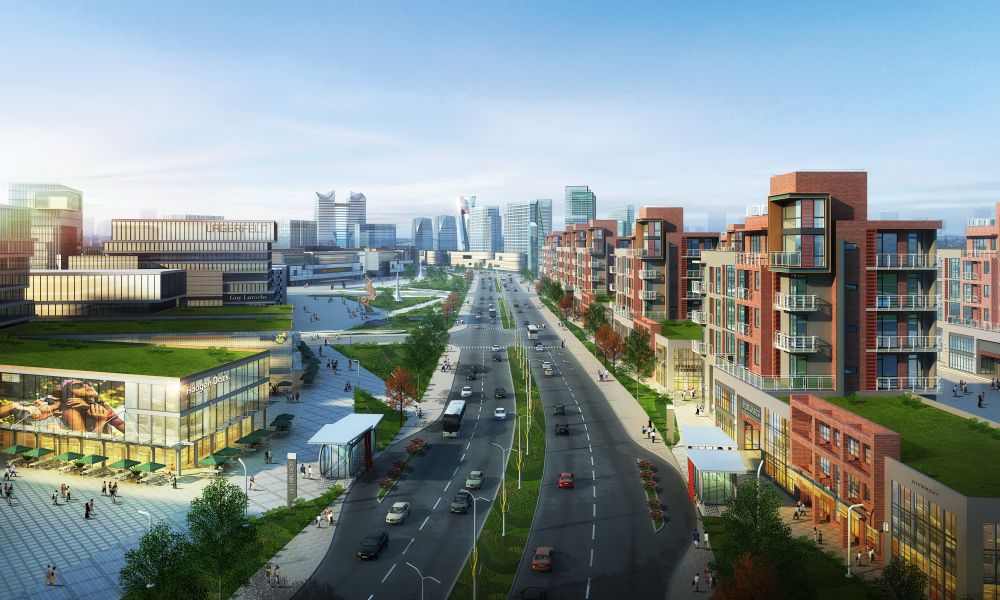Paris event seeks to advance shift towards Smart Cities
With more than two-thirds of the world’s population set to be living in urban areas by 2050, smart approaches will be crucial

With more than two-thirds of the world’s population set to be living in urban areas by 2050, smart approaches will be crucial.
As one of a number of similar events organised by the World Urban Campaign, the Paris campus seeks to answer a number of key questions regarding the sustainable development of urban areas.With such a mass migration towards cities globally, it is crucial that initiatives are in place to accommodate them, while addressing both human and environmental concerns.
Key considerations include – energy and mobility; equality; cultural preservation; job creation and the environment. The discussions are part of Habitat III – an initiative that seeks to create a new 20-year Urban Agenda. Although a key focus of the current meetings is based around the smart city concept, similar activities have been taking place since long before this idea was hatched – during the Habitat II, for example.
In Paris, it was noted that cities need to begin to be given these tools today, in a bid to prepare them for adapting to increased populations.Although technology does play an important role in the creation and functioning of smart cities, it is things like services, infrastructure and resource management that too must be considered.
Already there are several good examples of functioning smart cities, including Copenhagen and Vancouver. There is a target of creating 88 such cities over the next 10 years. Part of the role of initiatives like the Habitat III is to consider policymaking decisions to support the arrival of smart technologies. The latter alone is not enough to create a smart city. Too, there must be key set of policies and management approaches in place.
Fundamentally, what smart cities need to do is create an environment conducive to happy living. This, in turn, then increases productivity, creativity and opportunity, making a city more attractive to future populations.
The Paris discussions highlighted the need for tangible efforts to be made now, with the suggestion that big finance wasn’t a key component. Rather, smart planning can make the transitional process efficient and, in addition to improving living conditions, could too boost economies.






